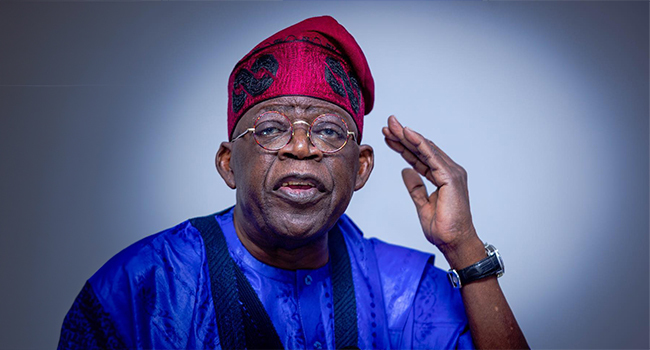President Bola Tinubu orchestrated a major cabinet overhaul Wednesday, dismissing five ministers and appointing seven new ones, as Africa’s most populous nation grapples with its worst cost-of-living crisis in a generation.
The reshuffle, aimed at improving administrative efficiency, comes amid mounting public frustration over economic hardship and widespread protests. The shake-up saw new appointments to critical portfolios including humanitarian affairs, poverty reduction, trade and investment, and labor, along with junior ministers for foreign affairs, education, and housing.

Ministers for education, tourism, women’s affairs, youth development, and a junior housing minister were removed from their positions as inflation reaches a 28-year high and the naira currency plummets to record lows against the dollar. These economic challenges persist despite Tinubu’s introduction of reforms meant to reduce government spending and attract foreign investment since taking office last year.
The cabinet reorganization follows a series of mass protests over deteriorating living conditions. In August, security forces killed at least twenty demonstrators and arrested hundreds during protests demanding better opportunities and employment for youth. Despite Nigeria’s position as one of Africa’s leading oil producers, the country remains among the world’s poorest, plagued by chronic corruption and inadequate public services.
The contrast between official privilege and public hardship has drawn particular criticism, as Tinubu recently approved millions of dollars for a presidential yacht and luxury vehicles for his wife and top officials, while medical professionals regularly strike over poor wages.
The reshuffle represents Tinubu’s most significant attempt to address mounting criticism of his administration’s handling of the economic crisis, though analysts question whether personnel changes alone can address the deep-rooted challenges facing Africa’s largest economy.


